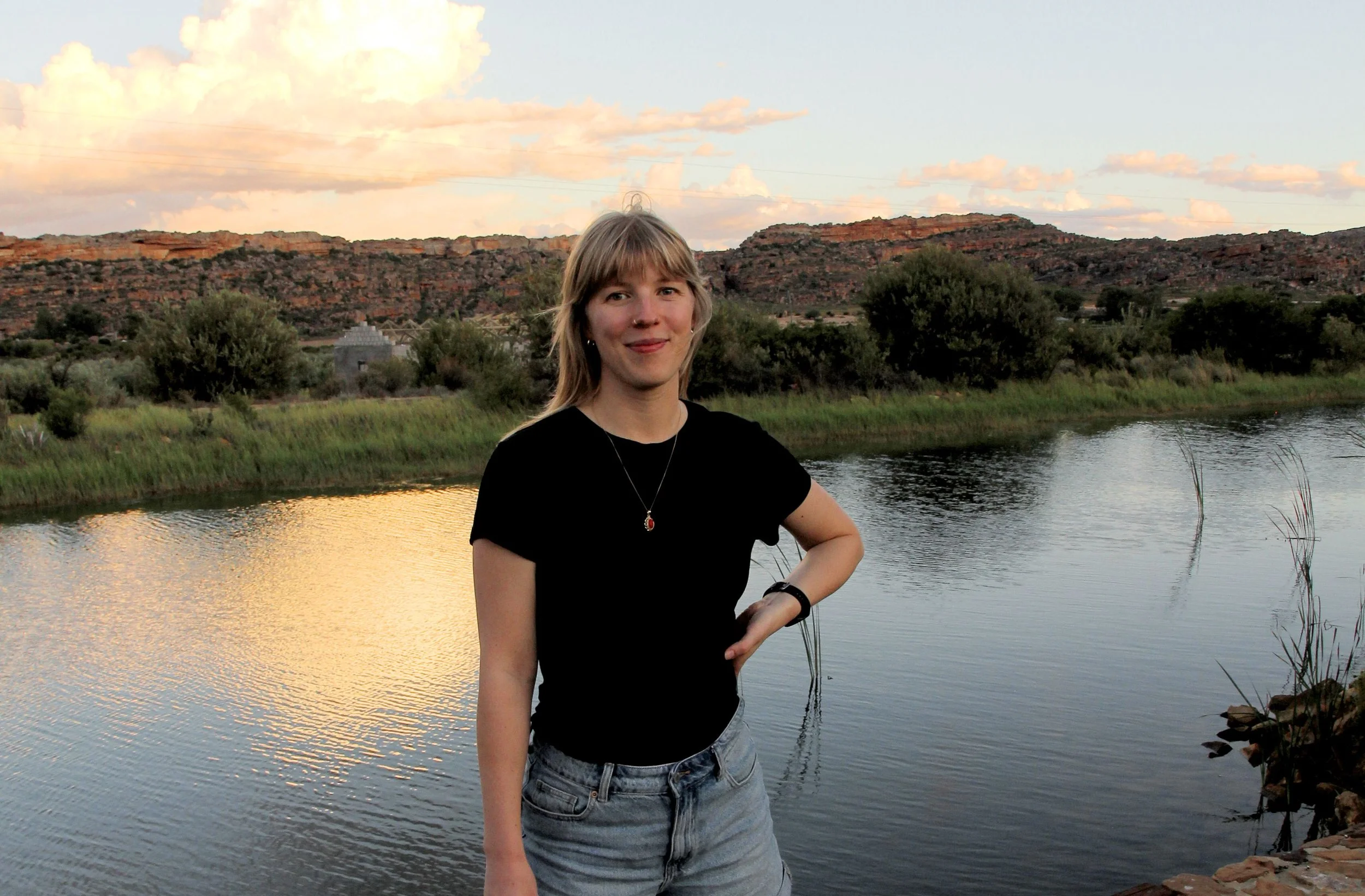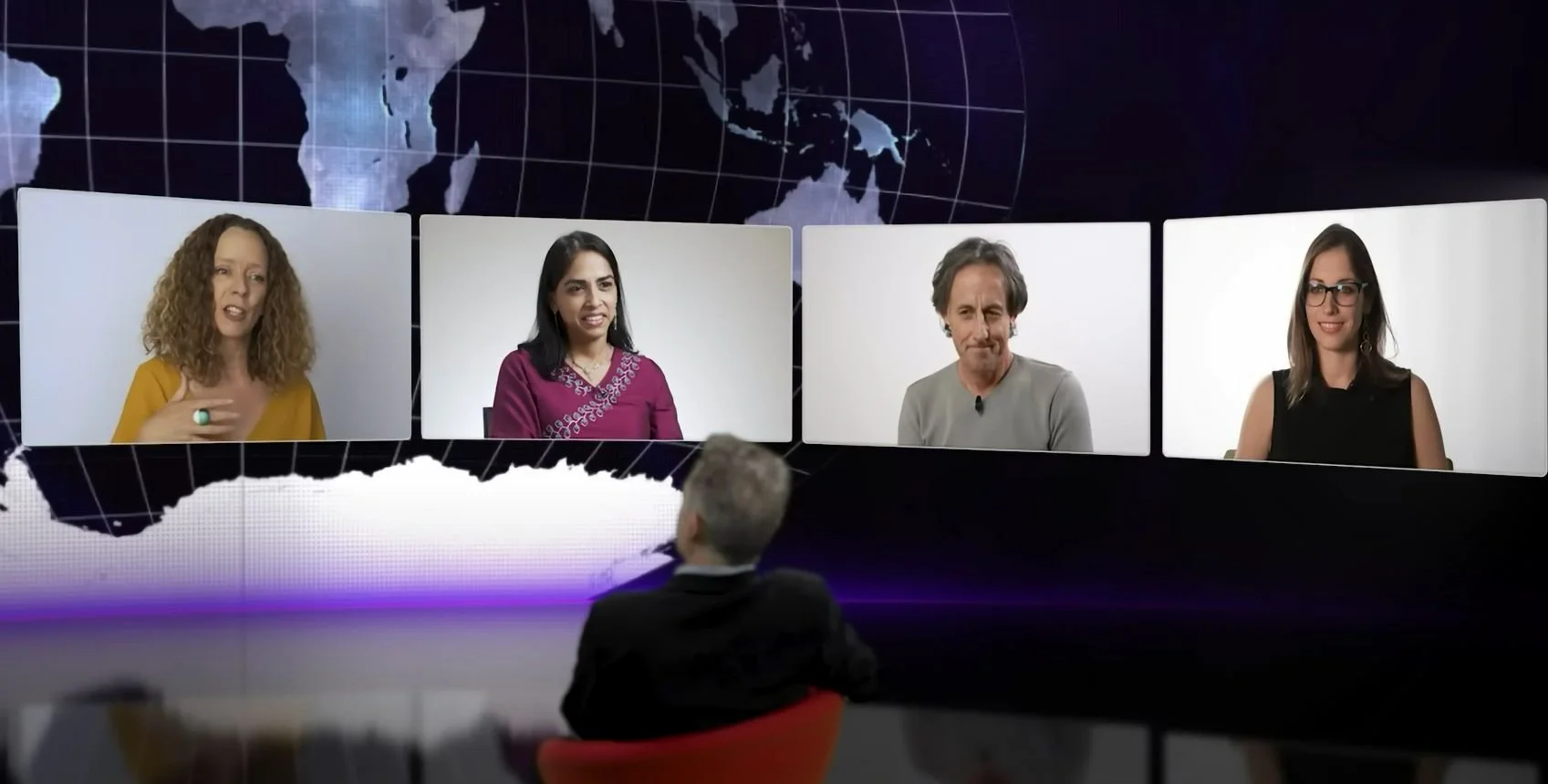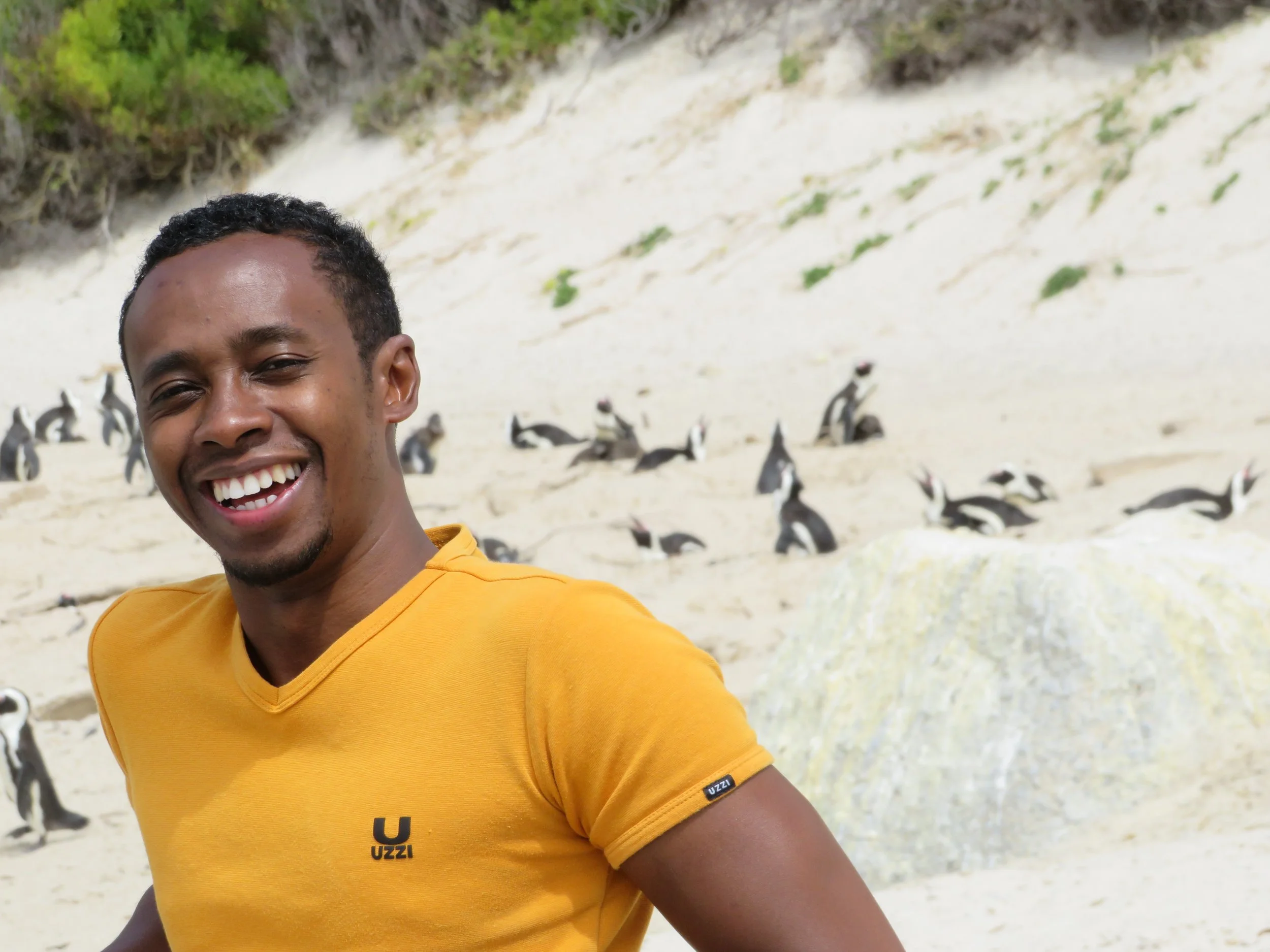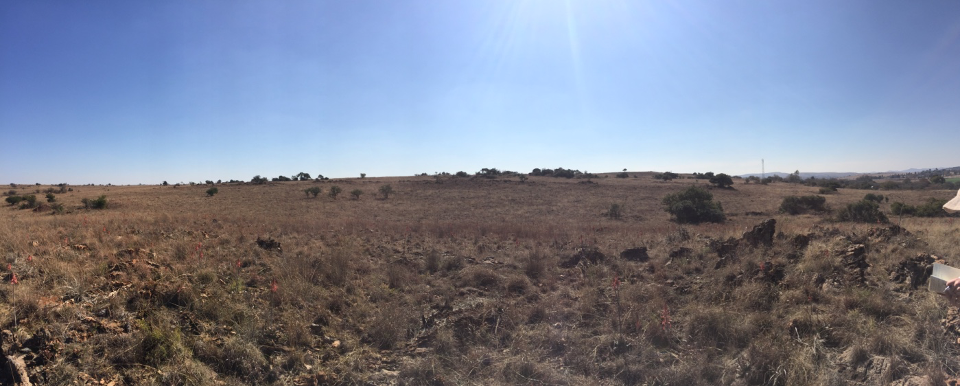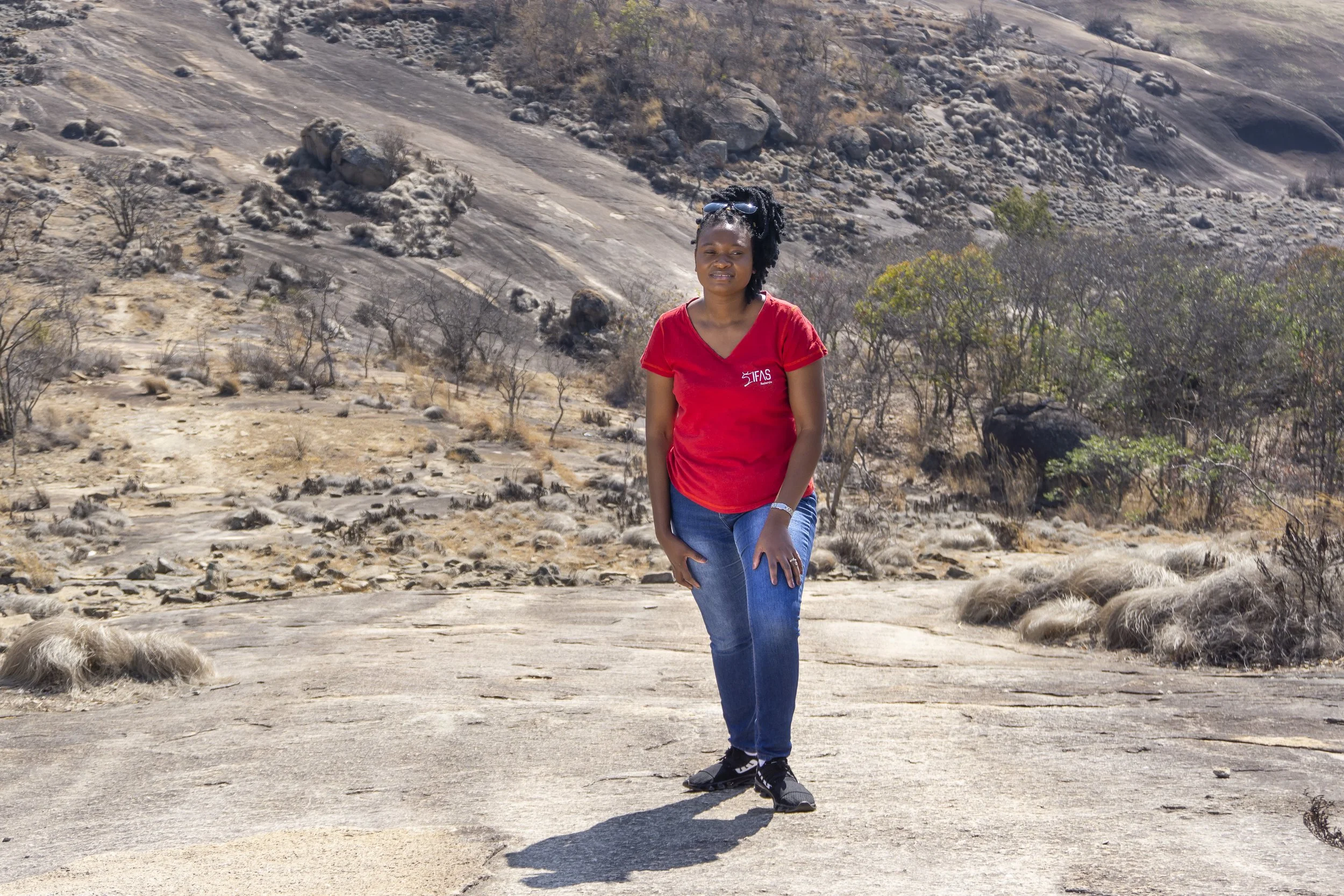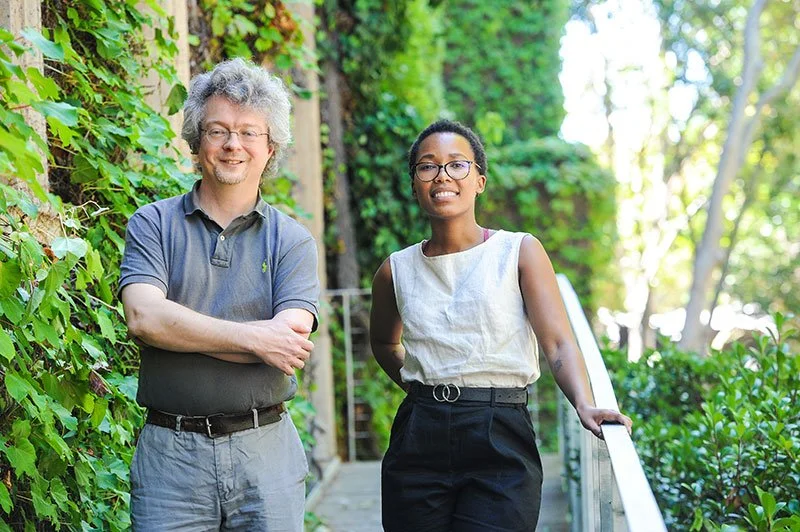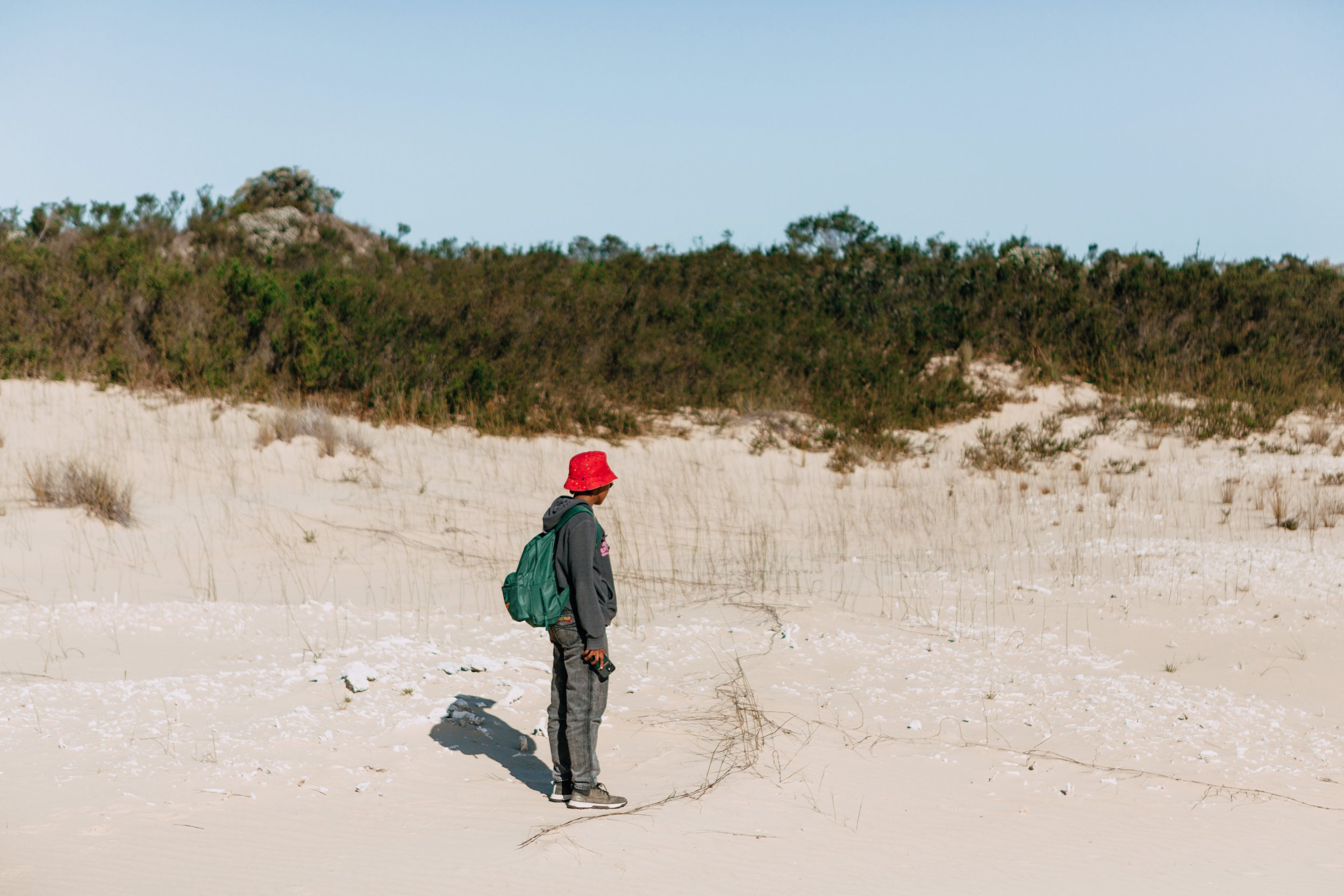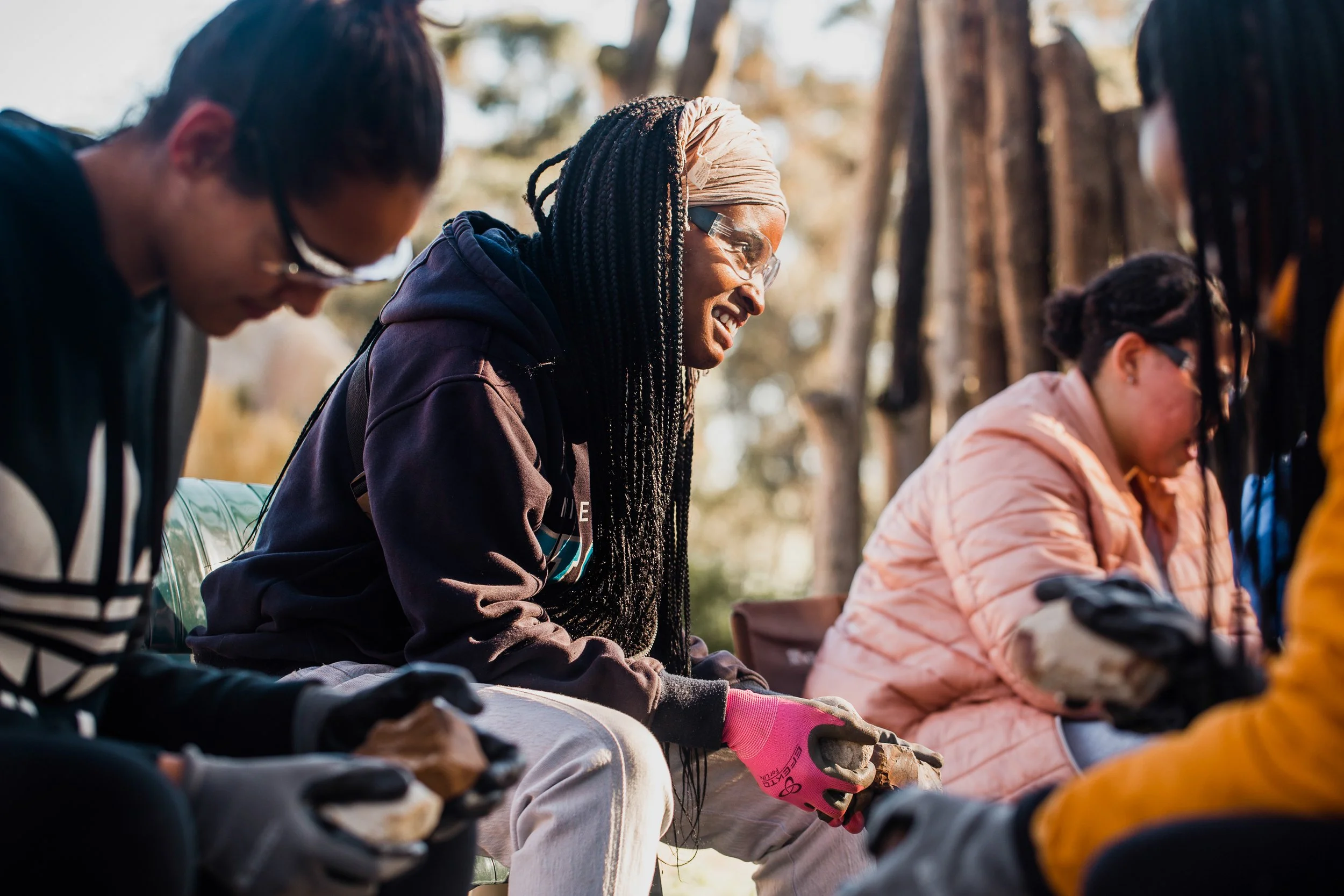
NEWS
PhD candidate Georgina Luti has been named a 2024 Francis H. Brown African Scholar, the third time the Kenyan has been given the award for her research of sites in the Cradle of Humankind.
To commemorate 100 years since the Taung Child discovery, leaders from the South African palaeoscience community held a webinar to examine how the fossil impacted history, science, and the community where it was found.
Hominin heads can tell us how hominins interacted with their environments and how they evolved over time, says Dr Amélie Beaudet, a paleoanthropologist at the University of Poitiers. She recently visited HERI and described her work in the South African Journal of Science (SAJS)special issue commemorating the Taung Child centenary.
South African researchers are hosting a series of public events to commemorate the Taung Child fossil discovery and the role it played in centring Africa as the birthplace of humankind.
Join the South African palaeoanthropology community for a special webinar to commemorate the 100 year anniversary of the Taung Child on Friday 7 February at 15.00 SAST (08.00 EST).
Awarded the UCT 2024 Creative Works Award, the exhibition is a partnership between HERI and the Iziko Museums of South Africa that sets a benchmark for museum practice.
The award signals international investment in decolonisation in Africa, enabling the co-creation of best practices for socially responsive practice that scientists can use to transform the discipline.
At HERI’s final Winter Seminar, Dr Robyn Pickering unpacks neo-colonialism in geoscience, and how we can counter its resulting unequal and extractive practices.
A new paper from a team of researchers including our Dr. Robyn Pickering tests claims from a 2023 preprint to highlight the need for best practices in geochemical studies in archaeology and palaeoanthropology.
Our latest #HERIspotlight shines on Archaeology PhD candidate Christina Mutinda, whose research examines the interplay between evolution and environments.
Research that bypasses scientific norms in favour of media blitz should raise questions, says our co-Director Robyn Pickering and Dipuo Kgotleng from the University of Johannesburg Palaeo-Research Institute in an opinion piece for the South African Journal of Science.
HERI’s Winter Seminar is a monthy digital and in-person series of sessions running from March to October that feature the institute’s activities and outreach.
New research from HERI’s Dr Rieneke Weij debunks long-held assumptions that ice age climates in the Southern Hemisphere were cold, dry, and inhospitable periods during which life struggled to survive.
Our #HERIspotlight shines on Tara Edwards, a geologist whose love of caves and interest in past climates have landed her as lead of a cutting-edge research facility studying how natural environments have changed over time and space.
The sending to space of fossils belonging to Australopithecus sediba and Homo naledi are examined in this op-ed by leading academics in the palaeosciences, which examines the stunt through an academic, public and forward thinking lens.
Our HUMANITY exhibit offers a close look at the problematic history of palaeoanthropology and attempts to decolonise the story of human origins by looking at how human evolution has been portrayed in the past, in ways that reinforce western biases and alienate and dehumanise living Africans.
Iziko Museums of South Africa, in collaboration with the Human Evolution Research Institute at the University of Cape Town (UCT), will host a new exhibition entitled, HUMANITY.
HERI doctoral student, Georgina Luti, has been named a 2023 Francis H. Brown African Scholar by The Leakey Foundation for her work work exploring geological and ecological contexts in human evolution.
Our #HERIspotlight shines on Lauren Powell. With a passion for deep time that started as a child, she is an archaeologist using fossil skulls to study how past populations interacted with each other and the land.
This Women’s Month HERI celebrates 5 years of support from the Advancing Womxn initiative. First awarded in 2019, it culminates with the institute growing a cohort of young South Africans and enhancing African connections and scholarship for the future.
Our #HERIspotlight is shining on Wendy Khumalo, a PhD candidate using dendroclimatology, or the relationship between climate and tree growth, to reconstruct the environment where past humans lived.
Our latest #HERIspotlight shines on Rieneke Weij, a geochronologist whose work sheds light on the antiquity of important fossil sites and reveals the records of past climates these caves hold.
HERI's Rebecca Ackermann joins leading experts at the World Science Festival Big Ideas series to explore how new technologies are revolutionising our understanding of human origins.
Tsilavo Razafimanantsoa takes centre stage in our next #HERIspotlight. With a background in palynology, or the study of pollen, his career focuses on how human evolution and settlement impacted environments on the Africa continent.
Researchers from HERI applied multi-disciplinary approach to date Bolt’s Farm between 2.27 and 1.70 million years old, dispel long-held assumptions that the area is a site of great antiquity.
The HERI PhD candidate gets personal about studying ancient social interactions in southern Africa and how she’s broadening dominant coastal narratives in the discipline today.
HERI held an African Palaeoproteomics Workshop at UCT, welcoming researchers from the diaspora to discuss how advances in the study of ancient proteins can attract a new generation of young African researchers studying our deep past.
Dr Robyn Pickering and Rivoningo Khosa address head on what HERI is doing to break the silence on menstruation in the field - and how you can join the conversation.
HERI makes it a priority to support South African women, especially black women, who want to pursue careers in human evolution and to grow a network of future leaders in the discipline.
